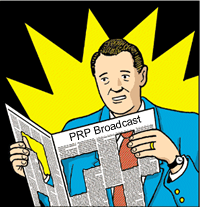Library
 Recommended Reading |
 Multimedia |
 Newsletter |
 Academic |

Fact Sheets |

FCC Filings |
Recommended Reading
For an introduction to Prometheus and our work, check out some of our all-time favorite articles and fact sheets here.




.jpg)